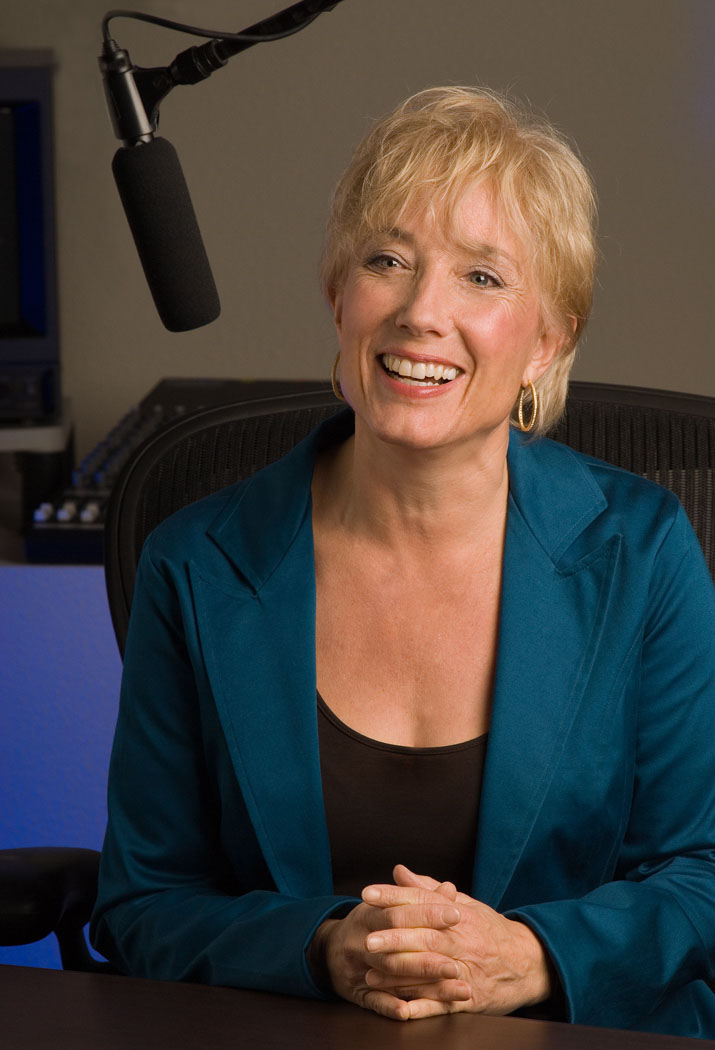Dear Jane, I’ve done a lot of healing work and want to help others, but I sometimes get discouraged. I think, “What can I, as one person, do to make the world better? I’m not Nelson Mandela or Mother Teresa or some brave whistle blower.” I guess I’m overwhelmed. How can I get over this hurdle?
We are not beings apart. We are not made to ignore suffering in the world. As we tend to our own wounds with compassion, we are naturally drawn to reaching out to help others. So what stops us from giving more of ourselves?
Our guardian self, which I talk about in my book, Enough Is Enough!, keeps us playing small by convincing us we are powerless and comparing us unfavorably to our heroes. Why? Because the job of the guardian self is to help us avoid disappointment and pain. And it’s true that when we open our hearts and reach out, we will experience others’ pain.
But what happens if we don’t reach out? The only alternative is to shut down, imprison our spirit, and spend the rest of our days making excuses for our fears.
The last words of the Buddha were, “Be a lamp unto yourself; make of yourself a light.” Not “carry a lantern”; be the light. Your spirit has boundless energy and bottomless compassion. It longs to express your values and aspirations. It longs to give. As your numbness dissolves, your spirit’s voice is rising above your guardian self’s chatter asking, “How can I help?”
In his inaugural speech, Nelson Mandela calls for us to see ourselves as the powerful beings we already are:
Your playing small doesn’t serve the world.
There is nothing enlightened about shrinking so that other people won’t feel insecure around you.
We were born to make manifest the glory of God within us.
It is not just in some of us,
it is in everyone,
And as we let our own light shine,
We unconsciously give other people
Permission to do the same.
As we are liberated from our own fear,
Our presence automatically liberates others.
One final thought: You cannot notice in someone else what does not exist within you. If you experience admiration for Nelson Mandela or Mother Teresa, it is not because they are different, but because your spirit resonates with theirs.
Jane Straus is a trusted life coach, dynamic keynote speaker, and the author of Enough Is Enough! Stop Enduring and Start Living Your Extraordinary Life. With humor and grace, Jane offers her clients and seminar participants insights and exercises to ensure that the next chapter of their lives is about thriving as the unique individuals they have always been and the extraordinary ones they are still becoming. She serves clients worldwide and invites you to visit her site, www.stopenduring.com. Here you will find excerpts from her book, more articles, TV and radio interviews, and clips from her presentations.
She is also the author of The Blue Book of Grammar and Punctuation, www.grammarbook.com, an award-winning online resource and workbook with easy-to-understand rules, real-world examples, and fun quizzes.
Contact Jane at Jane@JaneStraus.com.
